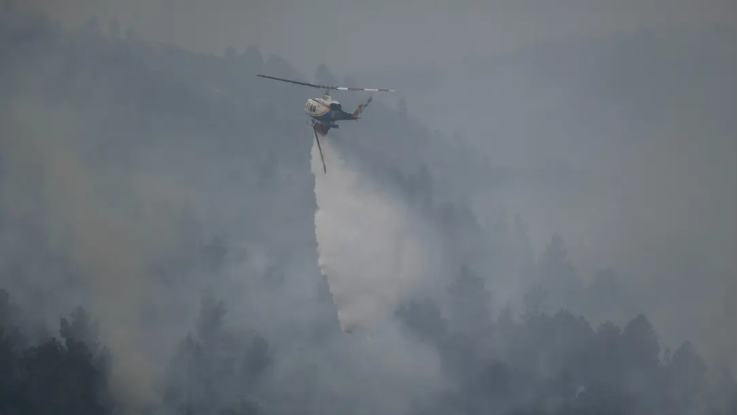University of California Campuses Set to Enforce Ban on Encampments, Masks
The University of California is set to strictly enforce its ban on encampments, blocking pathways, and masks that obscure identities across its ten campuses going forward....
0:00
/1861
Facts
- The University of California is set to strictly enforce its ban on encampments, blocking pathways, and masks that obscure identities across its ten campuses going forward.[1]
- University of California President Michael Drake Monday said free speech should not impede 'orderly operations' and community members' personal safety or civil rights.[2]
- Drake's order comes a week after a US judge ordered the University of California, Los Angeles (UCLA) to protect Jewish students in campus areas where pro-Palestinian Gaza protests are held.[3]
- Starting in late April, pro-Palestine protests simmered at multiple campuses through June, prompting multiple law enforcement interventions.[4]
- On Monday, the university system also banned activities such as camping, overnight demonstrations, and creating unauthorized temporary or permanent structures.[1]
- Ahead of the new academic year, students have also reportedly conducted multiple workshops under the title of the 'People's University for a Liberated Palestine.'[5]
Sources: [1]Los Angeles Times, [2]National Review, [3]TheWrap, [4]Californiaglobe and [5]Guardian.
Narratives
- Conservative narrative, as provided by Goldwater Institute. The recent wave of student encampments on university campuses crossed the line from peaceful protest to disruptive and dangerous behavior. These actions go beyond protected free speech, with incidents of violence against Jewish students, property damage, and obstruction of public spaces. Such encampments intimidate others, disrupt campus life, and violate university policies and local laws. Allowing these to continue undermines the educational environment and fails to prepare students for real-world responsibilities.
- Progressive narrative, as provided by Street Spirit. The 'Free Palestine' campus encampments, earlier this year, demonstrated the power of collective action and community building. They created a microcosm of an abolitionist world, complete with essential services like healthcare, security, and education. The encampment fostered a deeply democratic environment, solving complex problems through collaboration and inclusivity. They proved that sustained, peaceful resistance can raise awareness, support the Palestinian people, and build community even in the face of broader political obstacles.







